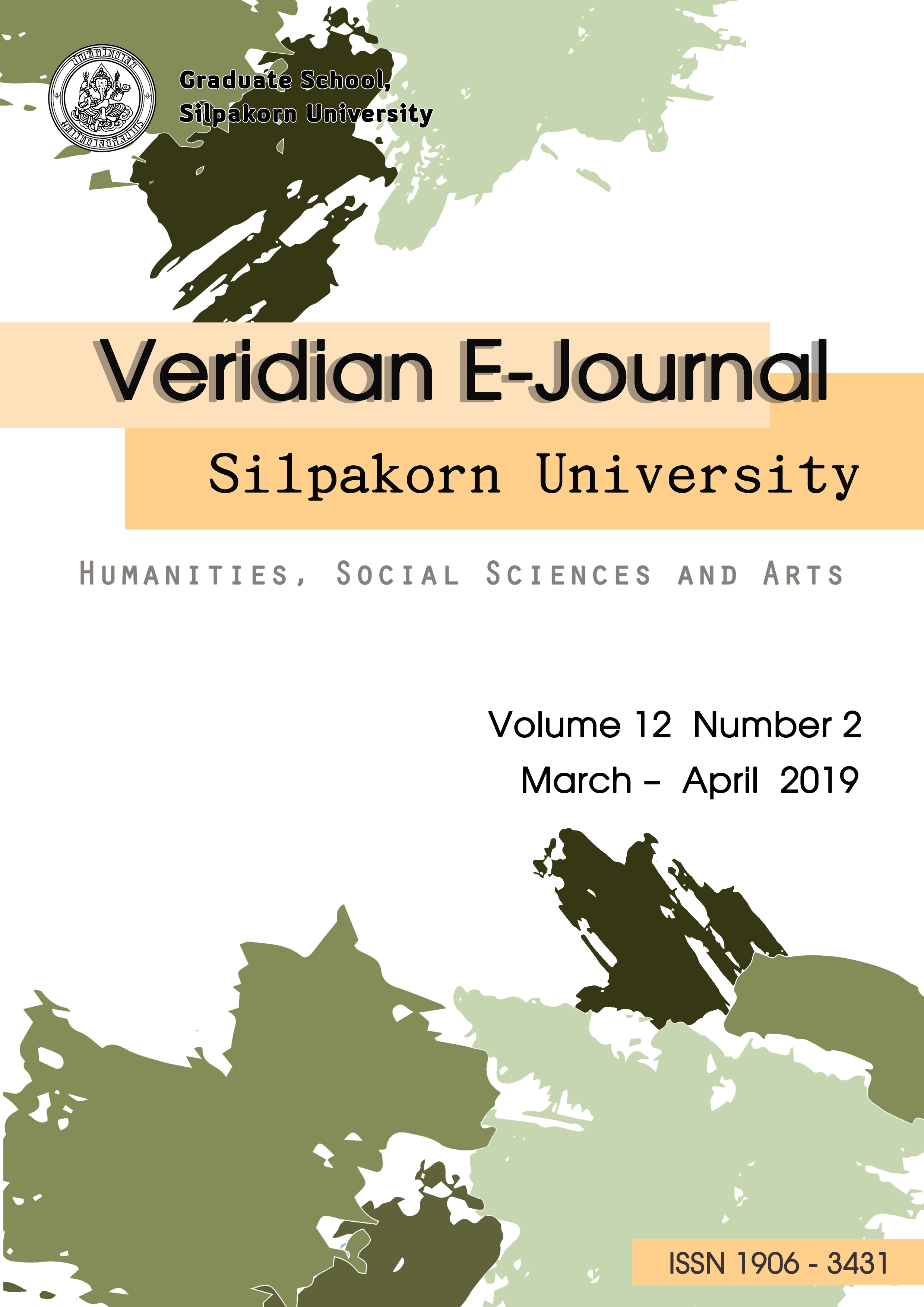อิทธิพลของระบบธุรกิจอัจฉริยะ คุณภาพของระบบและนวัตกรรมที่มีผลต่อประสิทธิภาพองค์การในการดำเนินงานของธุรกิจอาหารแปรรูป (The Influence of Business Intelligence System Quality and Innovation Affecting Organizational Performance in Food Processing Business.)
Main Article Content
Abstract
การวิจัยครั้งนี้มีวัตถุประสงค์เพื่อศึกษาองค์ประกอบของระบบธุรกิจอัจฉริยะ คุณภาพของระบบ และนวัตกรรมที่มีผลต่อประสิทธิภาพองค์การในการดำเนินงานของธุรกิจอาหารแปรรูป เพื่อตรวจสอบความสัมพันธ์โครงสร้างเชิงเส้นของสาเหตุระหว่างระบบธุรกิจอัจฉริยะ คุณภาพของระบบและนวัตกรรมที่มีผลต่อประสิทธิภาพองค์การในการดำเนินงานของธุรกิจอาหารแปรรูป และเพื่อศึกษาอิทธิพลทางตรง อิทธิพลทางอ้อมและอิทธิพลรวมของปัจจัยเชิงสาเหตุที่มีผลต่อประสิทธิภาพองค์การในการดำเนินงานของธุรกิจอาหารแปรรูป โดยกลุ่มตัวอย่างทั้งสิ้นจำนวน 248 คน เครื่องมือที่ใช้ในการวิจัยได้แก่ แบบสอบถามแบบ ผลการวิจัยพบว่ารูปแบบความสัมพันธ์โครงสร้างเชิงเส้นของความสัมพันธ์เชิงสาเหตุระหว่างระบบธุรกิจอัจฉริยะ คุณภาพของระบบและนวัตกรรมที่มีผลต่อประสิทธิภาพองค์การในการดำเนินงานของธุรกิจอาหารแปรรูปที่พัฒนาขึ้นมีความสอดคล้องกลมกลืนกับข้อมูลเชิงประจักษ์ โดยมีค่าไค-สแควร์ เท่ากับ 77.176 ที่องศาอิสระเท่ากับ 61 ระดับความมีนัยสำคัญ (P-value) เท่ากับ 0.079 ค่าดัชนีวัดระดับความกลมกลืนเปรียบเทียบ (CFI) เท่ากับ 1.000 ค่าดัชนี Tucker-Lewis Index (TLI) เท่ากับ 1.000 ค่าดัชนีรากกำลังสองเฉลี่ยของความคลาดเคลื่อนในการประมาณค่า (RMSEA) เท่ากับ 0.000 ดัชนีรากของค่าเฉลี่ยกำลังสองของส่วนเหลือมาตรฐาน (SRMR) เท่ากับ 0.022
This research aims to study the components of a business intelligence system. System quality And innovations that affect organizational performance in the operation of processed food business To examine the linear structural relationship of the cause between business intelligence systems Quality of the system and innovations that affect the organization's efficiency in the operation of processed food business And to study direct influence Indirect influence and total influence of causal factors affecting organizational performance in the operation of processed food business The sample group consisted of 248 people. The tools used in the research were questionnaires. The results showed that the linear structural relationship model of causal relationships between business intelligence systems The quality of the system and innovations that affect the organization's efficiency in the operation of the processed food business has been in harmony with empirical data. With a chi-square value of 77.176 at 61 degrees of freedom equal to the significance level (P-value) equal to 0.079. The comparative harmonic index (CFI) equals 1.000. The Tucker-Lewis Index (TLI) index is 1.000. The average square root index of the estimation error (RMSEA) is 0.000. The root index of the standard quadratic mean of the residual standard (SRMR) is 0.022.
